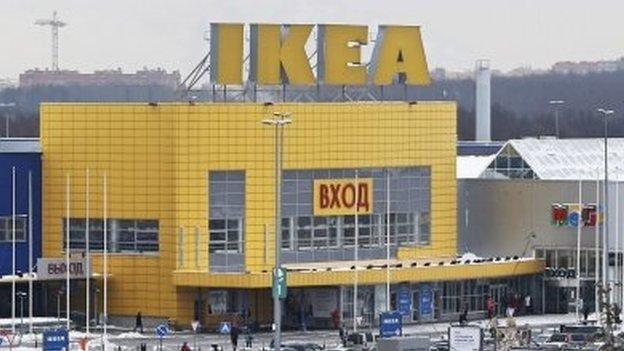Russia 'may ban gay emojis' under 'propaganda' law
- Published
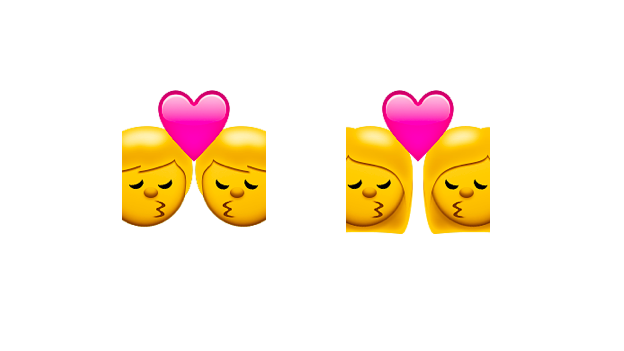
A range of emojis depicting same sex couples are now available on social media
Russia may ban "gay emojis" from social media if an investigation by the state media watchdog rules that they infringe laws against "gay propaganda".
According to a report by Russia's Izvestia newspaper, the investigation was prompted by a complaint from Mikhail Marchenko, a Russian senator.
Mr Marchenko claims the symbols - which depict smiley-faced same-sex couples - violate a controversial 2013 law which prohibits promotion of non-traditional sexual relationships.
The law allows Russian authorities to block access to websites deemed to promote homosexuality.
Mr Marchenko said in his complaint that the emojis "promoted non-traditional sexual relationships", "denied family values" and showed "disrespect for parents and other family members".
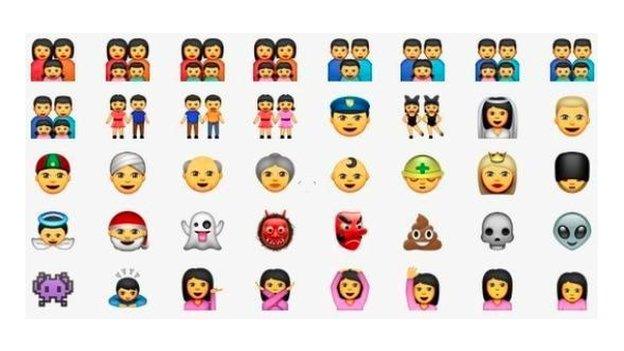
An Apple update earlier this year introduced emojis depicting gay parents
In response to the complaint, media watchdog Roskomnadzor asked the youth group of President Vladimir Putin's political party, the Young Guard, to report on the matter.
Kirill Grinchenko, a spokesman for the Young Guard, told Izvestia that the group had not yet received a request to look into the matter but was "ready to deal with the protection of rights on the Internet under Russian law".
On Tuesday the founder of Children-404, an online community for LGBT teenagers in Russia, was fined 50,000 roubles (£520; $830) after a Russian court ruled that the site was guilty of distributing "propaganda of non-traditional sexual relations among minors".
Russia has faced international criticism for its anti-gay laws. Individuals can be fined 4,000-5,000 roubles if they are convicted of promoting so-called non-traditional sexual relations, with much higher fines for businesses and possible jail sentences for foreigners.
Apple first added emojis depicting gay couples to its operating system back in 2012. An update earlier this year introduced emojis showing gay couples with children, and hugely increased the racial diversity among the 300 symbols available.
- Published15 July 2015
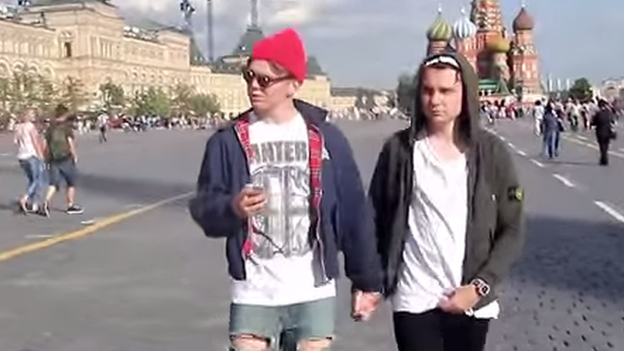
- Published15 April 2015
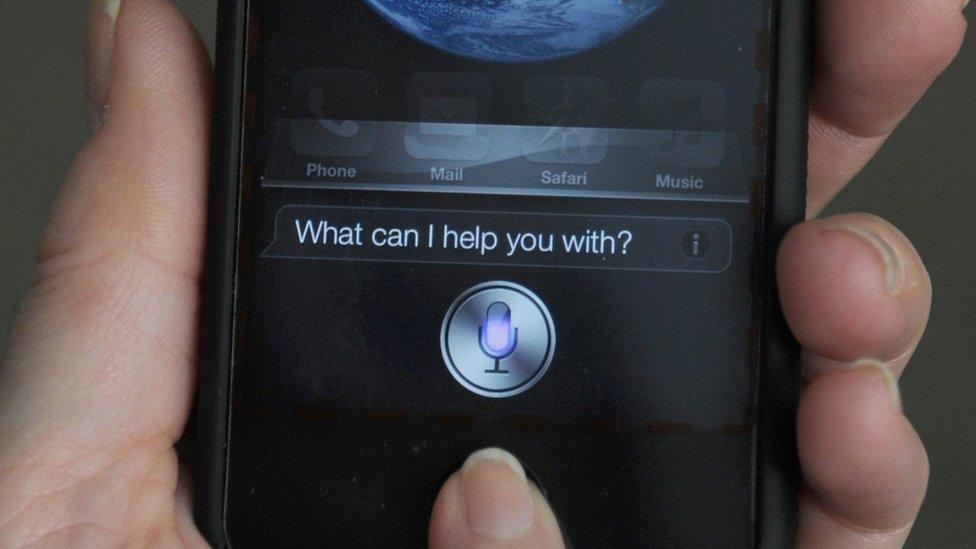
- Published13 March 2015
